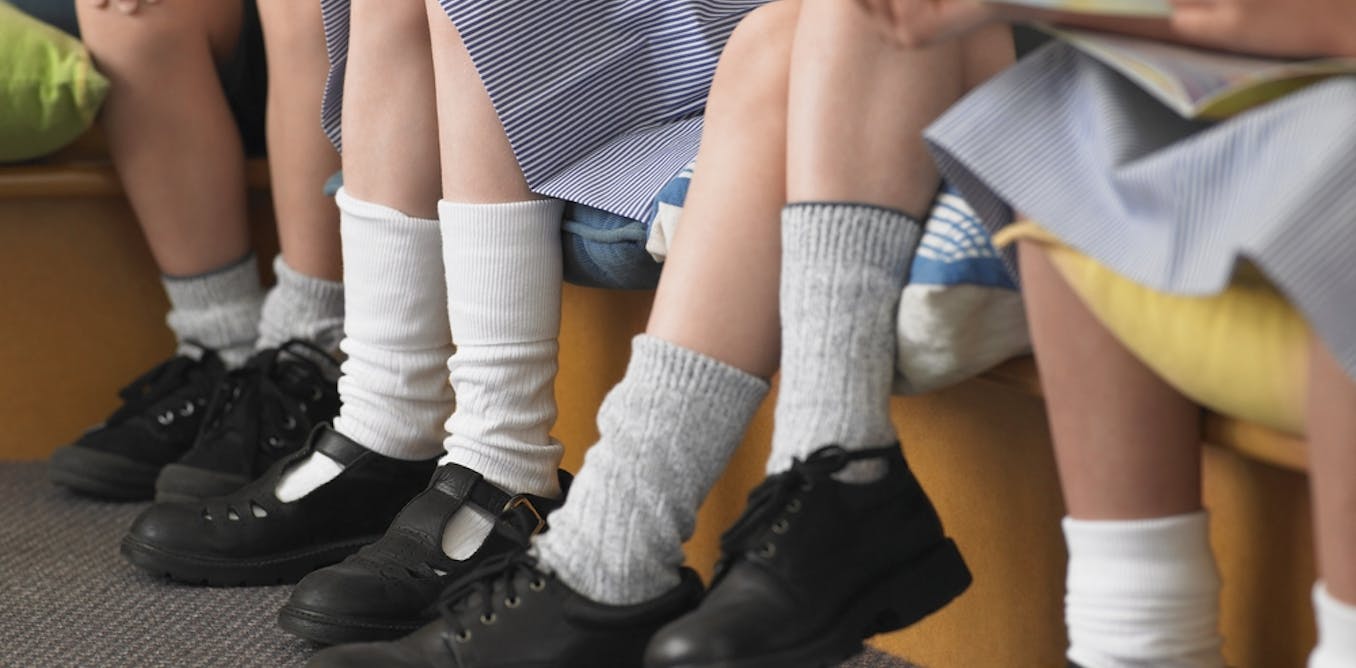
- Select a language for the TTS:
- UK English Female
- UK English Male
- US English Female
- US English Male
- Australian Female
- Australian Male
- Language selected: (auto detect) - EN
Play all audios:
Find VA policies on privacy and patient rights, family rights, visitation, and more. EFFECTIVE IMMEDIATELY, THE FOLLOWING CHANGES HAVE BEEN MADE TO OUR SAFETY PRECAUTIONS: * All clinical
services (Primary Care, Mental Health, and Specialty Care) are at 100% capacity for face-to-face appointments. * Virtual/Connected Care options are available as clinically appropriate
and/or Veterans preference. VISITATION: * COVID/ISOLATION PATIENTS: Visitation is restricted * ACUTE/CRITICAL CARE VISITATION FOR NON-COVID PATIENTS: No restrictions * COMMUNITY LIVING
CENTER (CLC) VISITATION: Permitted up to two visitors at a time on designated days by appointment only. An appointment will be made by social work. * DOMICILIARY VISITATION: Visitation is
restricted * INPATIENT MENTAL HEALTH VISITATION: Visitation is restricted * END OF LIFE VISITATION: No restrictions * VISITORS FOR OUTPATIENT APPOINTMENTS: No restrictions VOLUNTEERS:
Volunteers that are fully vaccinated gainst COVID-19 are welcome back. Visit our Volunteer website to learn how you can become a volunteer. PETS: Pets are restricted. Exceptions will be made
for service animals. MASKING GUIDANCE: On Friday, March 10, 2023, the OVAHCS will relax masking requirements for Veterans, visitors, volunteers and staff at all OVAHCS sites of care. This
update ensures the safety of Veterans while accommodating individual masking preferences and aligns with CDC guidelines. OVAHCS has conducted a health care system-wide risk assessment and
has determined that high risk areas such as chemotherapy units, acute inpatient medical/surgical units, intensive care units, dialysis units, the Community Living Center, Domiciliary,
Emergency Department, etc. will still be required to continue to wear a mask. Masking will always be required for individuals with suspected or confirmed COVID-19 or other viral respiratory
infections. Universal masking will be relaxed in well-defined non-patient care areas when in low (green) and medium (yellow) levels as defined by the OVAHCS Infection Prevention and Control
Department’s assessment of COVID-19 transmission rates. Additionally, the following rules/allocations apply: * Any individual who desires to continue with universal masking will be allowed
to do so. * Visitors must adhere to masking requirements when in the presence of Veterans in a high-risk area. * Staff members will be allowed to participate in the OSHA Emergency Temporary
Standard (ETS) Mini-Respiratory Protection Program which allows the use of N95 respirator for source control. * Continued use of entrance self-screening. * Use of transmission-based
precautions (Droplet + Airborne/Contact) for patients/residents with laboratory confirmed COVID-19. * COVID-19 testing, and vaccination support will continue to be made available. *
Employees should not report to work with flu like symptoms and contact Employee Occupational Health for further guidance. * VHA healthcare personnel must mask if a Veteran, caregiver, or
family member asks them to wear one. VISITING CHURCH MEMBERS: If you’re a member of the religious community, we encourage you to visit patients who belong to your church or religious group.
However, you’re NOT allowed to do general visitation by going from bed to bed, ward to ward, or unit to unit. BRINGING FOOD: You may bring small amounts of candy, fruit, and other food
items if the nursing staff says they are appropriate for a patient's diet. You may not bring fresh fruit and flowers to patients who are receiving critical care, and you can’t eat or
drink in those units. WASHING HANDS: You must follow hand-hygiene policy guidelines, which require you to practice good hand hygiene when you enter and exit patient rooms, and at other times
as directed by staff. FOLLOWING INFECTION-CONTROL GUIDELINES: You must follow guidelines on infection-control signs and report to the nurses' station for instructions before you enter
a patient's room. STAYING HOME IF YOU ARE ILL: If you have a communicable disease, you won't be allowed to visit patients inside the medical center. PROHIBITED ITEMS: You're
not allowed to bring weapons, cameras, or other prohibited items into the medical center, except when you're conducting official business authorized by the Director or their designee.
If you have questions about what qualifies as official business, please contact the facility's Director. GIVING PRIVACY: Our staff may ask you to leave the room when they’re caring for
patients. If a staff member asks you to leave a patient's room, you may continue your visit in the day room, waiting area, or any other public area of the facility. VISITING PATIENTS
IN RESTRAINTS: In general, you won't be allowed to visit patients who are in restraints. If the treatment team decides that your visit could have a positive effect on the patient, then
you may have a supervised visit with the patient when a staff member removes the restraints. Our staff will document how the patient responds to you and other visitors. VISITING PSYCHIATRIC
UNITS WITH CHILDREN: Children under the age of 16 may visit patients in psychiatric units with the doctor’s permission. LIMITING YOUR VISIT: Our doctors may limit, restrict, or deny visits
for the medical well-being of a patient. We apologize for any inconvenience and appreciate your understanding. PROHIBITED ITEMS: You can't bring weapons, alcohol, or illegal drugs
into the building. Because the VA medical center is federal property, all visitors and bags may be searched. SECURITY: The Orlando VA Medical Center has a Police Service. Our officers
provide 24-hour patrols of the facility and parking lots. While at the medical center you may reach general police assistance by dialing extension 1374. In case of an emergency, dial
extension 1021. Report all suspicious or criminal activity, vehicle accidents, and personal property losses to the VA Police while on the facility grounds as soon as possible. Because the VA
Medical Center is federal property, all persons and bags are subject to search. In addition, no weapons, alcohol, or illegal drugs are permitted. VA GENERAL VISITATION POLICY The medical
center respects the patient's right to make decisions about his or her care, treatment and services, and to involve the patient's family in care, treatment, and services decisions
to the extent permitted by the patient or surrogate decision-maker. "Family" is defined as a group of two or more persons united by blood, or adoptive, marital, domestic
partnership, or other legal ties. The family may also be a person or persons not legally related to the individual (such as significant other, friend or caregiver) whom the individual
considers to be family. A family member may be the surrogate decision-maker, as defined in VHA Handbook 1004.02, if authorized to make care decisions for the individual, should he or she
lose decision-making capacity or choose to delegate decision making to another. The medical center allows a family member, friend or other individual to be present with the patient for
emotional support during the course of their stay. The medical center allows for the presence of a support individual of the patient's choice, unless the individual's presence
infringes on others’ rights or safety, or is medically or therapeutically contraindicated. The individual may or may not be the patient's surrogate decision-maker or legally authorized
representative. The hospital prohibits discrimination based on age, race, ethnicity, religion, culture, language, physical or mental disability, socioeconomic status, sex, sexual
orientation, and gender identity or expression.








